Can You Share Cantaloupe With Your Cat?
21.11.2022.
Is there something better than biting a sweet and refreshing cantaloupe on a hot summer day? This melon-like fruit is an excellent source of vitamins and fibers for our metabolism, and since it has a high water percentage, it is a low-calorie snack.
Naturally, we would assume that cantaloupe should also benefit our cats. Our cat Toby always comes near us when we eat cantaloupe and try to get some. In the beginning, we wondered: “Can cats eat cantaloupe?” So we did a little digging. We talked to our vet to find out if we should share this tasty fruit with our cat Toby. This is what he told us.
Can cats eat cantaloupe?
The short answer would be – yes, cats can safely eat cantaloupe, and this fruit will not cause toxicity for your cat. However, it is important to control the portions that you give to your cat. As with anything, too much of a good thing can quickly become bad and cause additional problems.
Cantaloupe is packed with many healthy nutrients, and although cats are obligate carnivores and their diet should be based on meat, most cats will like to eat this tasty watery fruit. If your cat is one of them, there is no reason why you shouldn't share a few pieces to spice her diet up.
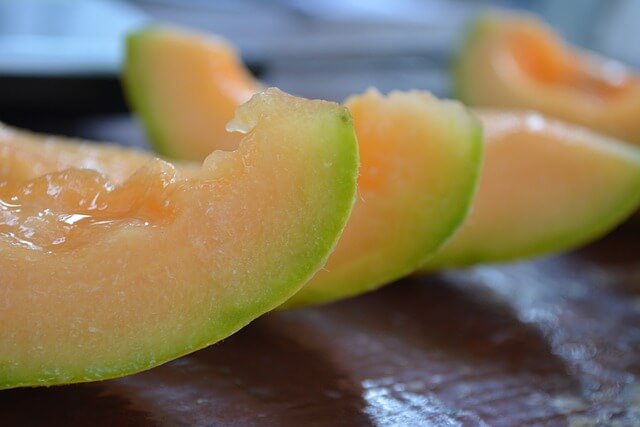
RELATED: 24 Human Foods You Can Safely Offer To Your Cat
Health benefits of cantaloupe for cats
Humans will eat cantaloupe because it is delicious and boosts our immune system. This fruit is packed with many healthy nutrients that our cats and we will benefit from.
Cantaloupe is packed with
- Vitamin A
- Vitamin C
- Vitamin B6
- Potassium
- Fibers
- Niacin
Fibers that can be found in cantaloupe will help with your cat's digestion, and high water content will prevent your cat from dehydration. Many cats don't drink enough water daily and could quickly become dehydrated. This is a serious health concern that many cat owners often overlook.
The best thing about the cantaloupe is that this fruit mostly contains water, which means it is low calorie. Wouldn't we all want food to be this tasty and this low-calorie?
RELATED: Should You Share Pineapple With Your Cat?
Health risks connected to cantaloupe
As with anything, some precautions and dangers can always affect our cats. The same thing applies to cantaloupe. If you decide to feed your cat this tasty fruit, you must understand how to do it properly to prevent anything bad.
Dangers connected to cantaloupe and cats include
1. High sugar content
We do know that this is natural sugar, but still, in the high amount, it can cause problems for your cat; that said, you should keep your cats portions small and only feed her in moderation.
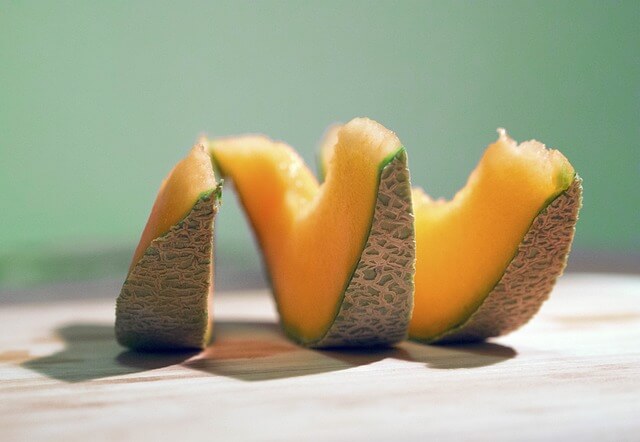
RELATED: Should You Share Mango With Your Cat?
2. Rind
As with any fruit with a rind, there are always some health concerns. If your cat eats cantaloupe rind, you can expect her to have GI and digestive tract problems. Rind could sometimes be super hard and also present a choking hazard. You must never give a rind to your cat.
3. Seeds
Cantaloupe seeds are not toxic for cats, and theoretically, if your cat eats some, she shouldn't experience problems. The main concern connected with cantaloupe seeds is that they present a choking hazard.
RELATED: Blueberries & Cats - Should They Mix?
How to feed cantaloupe to your cat?
To secure your pet's health, you must understand how to give cantaloupe to your cat to avoid any health-related problems.
Cantaloupe should be fed in moderation, and you must keep the portions small. Before you share the first piece of the cantaloupe with your cat, we advise you to talk to your vet about this. It is always good to check with your vet about anything you are about to insert into your cat's nutrition.
Offer your cat only a small piece of cantaloupe for the first time, and watch her reaction. Don't be surprised if your cat is not interested in this fruit (most cats will be). If your cat seems to love it, and there is no reaction, you can now safely share cantaloupe with your cat in the future.
To summarize, you should always remove the rind and seeds from the fruit, cut the fruit into small l pieces, and only feed your cat in moderation. Only this way can you ensure that your cat will benefit from eating cantaloupe.
Cantaloupe should be treated as a treat your cat could get from time to time. If you are training your cat, this fruit could serve as an excellent reward when your cat successfully performs the requested assignment.
Our cat Toby approves of this tasty fruit and will like to recommend it to all the other cats.
World Cat Finder Team



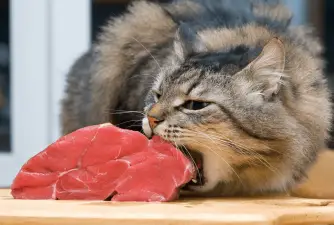
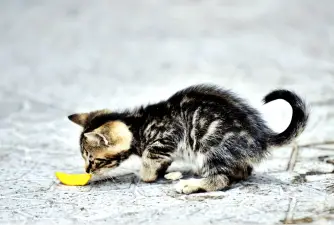
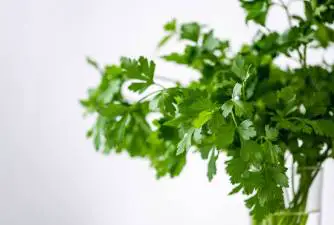

Share